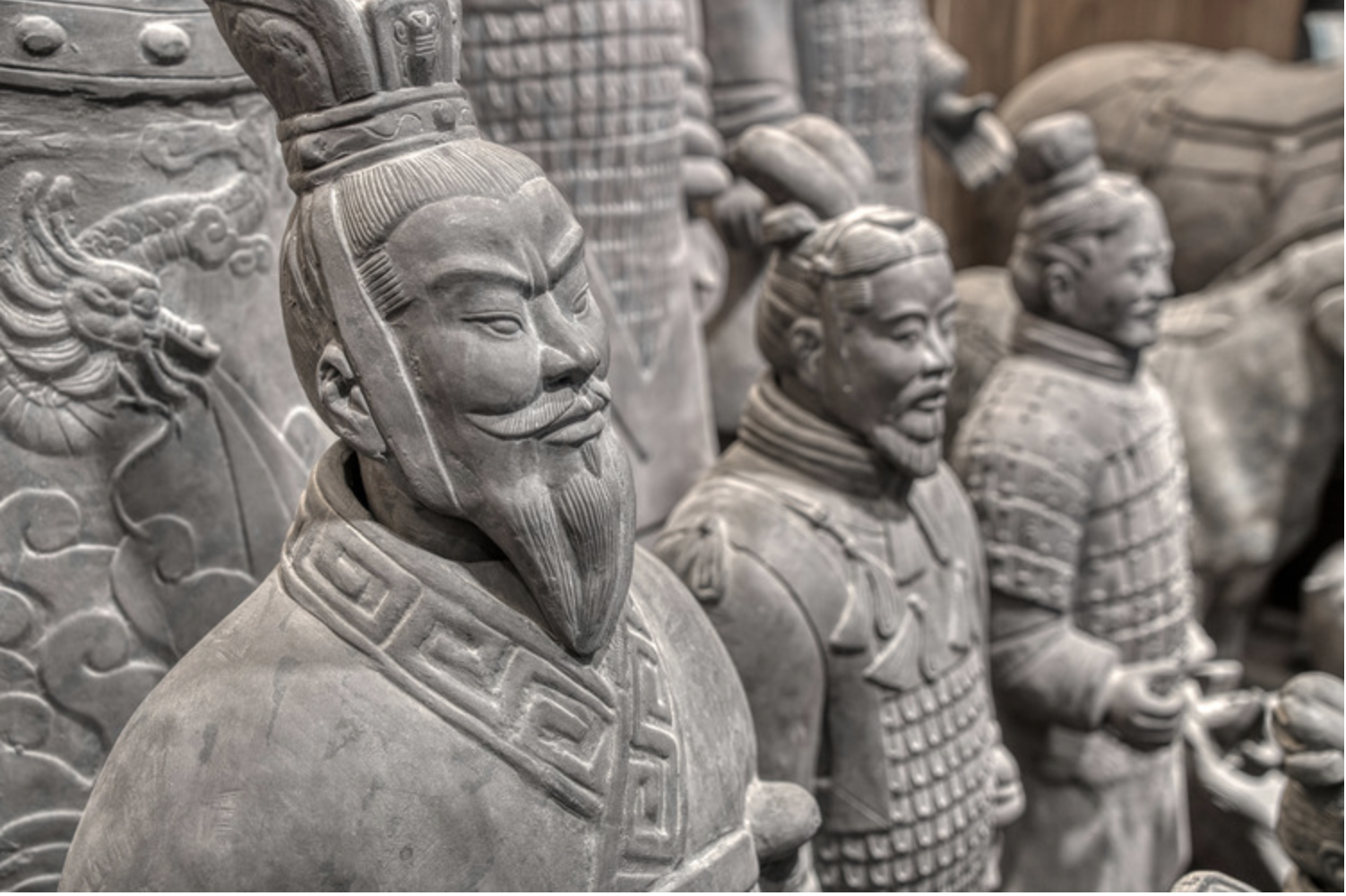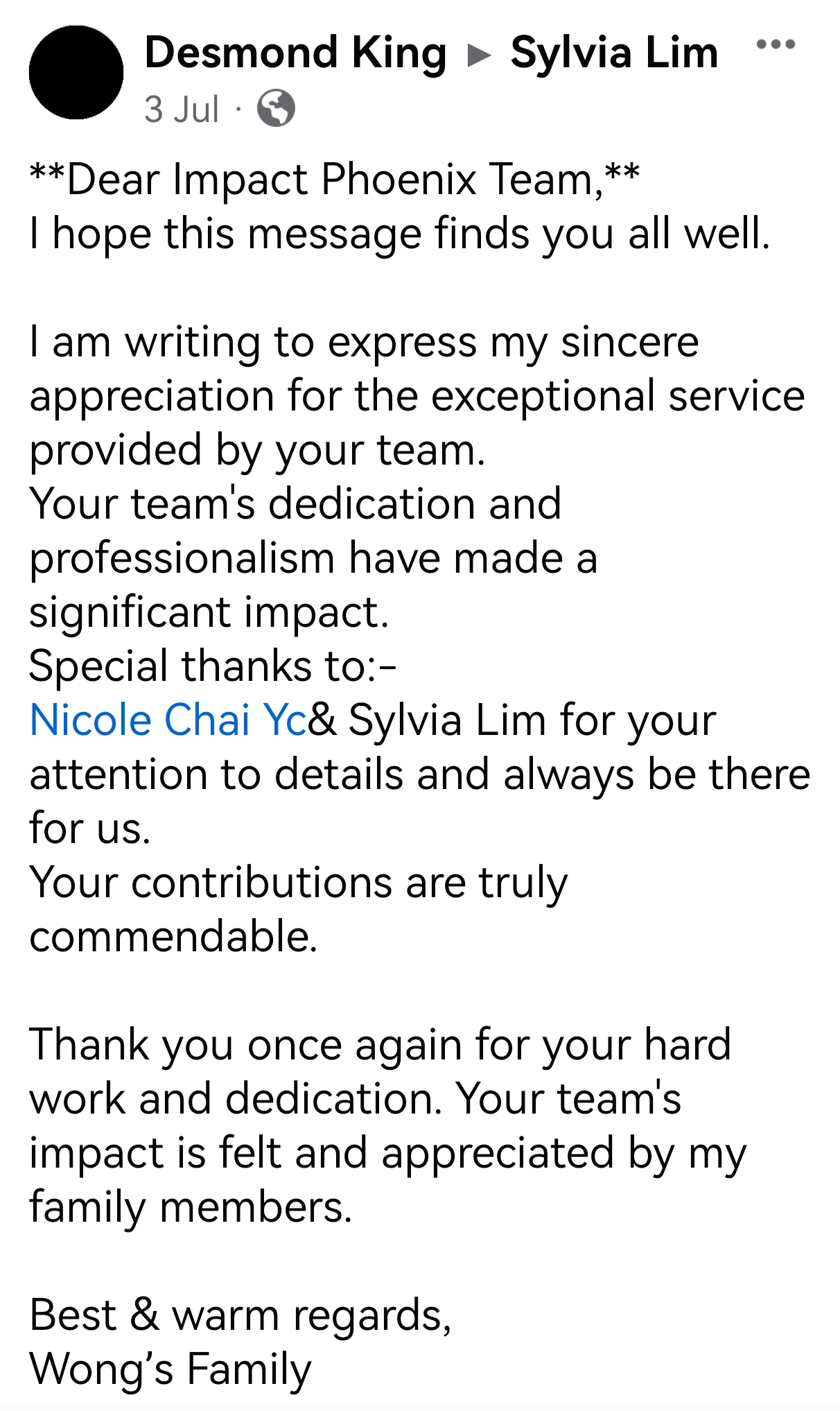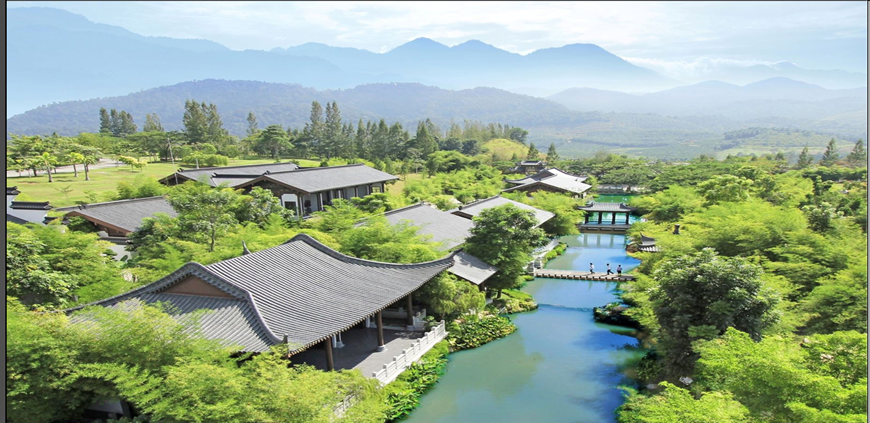
Death is the appointment none of us can cancel
Chinese funeral rituals comprise a set of traditions broadly associated with Chinese folk religion, with different rites depending on the age of the deceased, the cause of death, and the deceased’s marital and social statuses.Different rituals are carried out in different parts of China, and many contemporary Chinese people carry out funerals according to various religious faiths such as Buddhism or Christianity. However, in general, the funeral ceremony itself is carried out over seven days, and mourners wear funerary dress according to their relationship to the deceased. Traditionally, white clothing is symbolic of the dead, while red is not usually worn, as it is traditionally the symbolic colour of happiness worn at Chinese weddings. The number three is significant, with many customary gestures being carried out three times.
While traditionally inhumation was favoured, in the present day the dead are often cremated rather than buried, particularly in large cities in China. According to the Chinese Ministry of Civil Affairs (MCA), of the 9.77 million deaths in 2014, 4.46 million, or 45.6%, were cremated.Throughout history, Chinese people have carried out complex funeral rites, with tombs of early rulers rivalling Ancient Egyptian tombs in their funerary art and provision for the dead in the afterlife. The late 3rd century BC Terracotta Army contains approximately 9,000 terracotta figures that were buried to protect Qin Shi Huang, the first Emperor of China. Traditional burial customs show a strong belief in life after death and the need for ancestor veneration among the living; Confucian philosophy calls for paying respect to one’s ancestors as an act of filial piety (孝 xiào). These ideals still inform funeral rites for many Chinese people today.
It is customary for relatives to hold vigils over the dying, in order to accompany them till the very last moment before entering the afterlife. This process, called shou ling (守靈), is a way for loved ones to show filial piety and loyalty to the deceased. Family members thus take shifts to watch over a relative on their deathbed.
It is common to place a white banner over the door of the household to signify that a death has occurred. Families will usually gather to carry out funeral rituals, in order both to show respect for the dead and to strengthen the bonds of the kin group. Those with closer relationships to the dead (i.e. sons and daughters) wear white garments, while more distant relatives wear garments in different colours of white, black, blue and green. The colours red, yellow, and brown are traditionally not worn during the mourning period, which may last up to three years. Before a funeral, an obituary notice fùwén (訃聞) is commonly sent to relatives and friends announcing the date and time of the funeral procession. The date is usually selected as an auspicious one according to the Chinese fortune calendar (通勝 tong sheng).
The deceased is dressed in clean funeral dress (小殮) in preparation for their departure from the world (人世 rén shì) and journey into the afterlife (來世 lei shì). Dà liàn (大殮) is the ritual of transferring the body of deceased into the coffin (入木 rù mù), which will rest in the funeral hall decorated with four character idioms (成语 cheng yu) prior to the burial or cremation. Before the funeral procession, the jiā jì (家祭) is held. According to the closeness and status of the family members, they will pay respects diàn (奠) to the deceased.
According to Chinese custom, an elder should never show respect to someone younger. So, if the deceased is a young bachelor, for example, his body cannot be brought home and must remain at the funeral parlor. His parents cannot offer prayers to their son either. Since he was unmarried, he did not have any children who could perform these same rites for him. (This is why the body cannot come into the family home.) If an infant or child dies, no funeral rites are performed either since respect cannot be shown to a younger person. The child is thus buried in silence.
The funeral procession (發引 fā yǐn) is the process of bringing the hearse to the burial site or site of cremation. During the funeral, offerings of food items, incense, and joss paper are commonly presented. The offering of food and joss paper signifies the continuing interdependence between the deceased and their living descendants. Taoist or Buddhist prayers are sometimes carried out by monks, to help the deceased’s soul to find peace and escape a fate of becoming a “restless ghost”.
Rising cost of funerals sees more people opting for cremation – The Star (20/08/2019)
More people are cremating their loved ones in Kuala Lumpur, with groups saying this was environmentally friendly and with fewer costs involved too.
“More are finding it economical to cremate their loved ones and place the urn containing the ashes at columbariums, which are well maintained at all times,” said Lee Chun Kong, president of the Federation of Selangor and Kuala Lumpur Chinese Cemetery Associations.
Over here, burial plots in Chinese cemeteries grow scarce with over 70% of the space used up,” said Lee, who is also the Malaysia Chinese Cemetery Association deputy president.
Lee said the problem was compounded with less land approved for cemeteries over the years.
“Most Chinese cemeteries managed by guilds and clan associations in the country are those that were approved up to a century ago.
“And they are running out of plots,” he said in an interview.
In 2014, an article in Malay Mail wrote that even in death, there is no escape from rising prices, spoke of the exorbitant prices paid by non-Muslims in Malaysia.The article writes that the average price of a funeral is at RM50,000
Clearly shocked by the expensive prices borne by the family of the deceased, the tweet gives some insight into how unfortunately pricey funeral services are.
At the end of the day, it all comes down to how we want to go. Surely now when we know how much it all costs, it is always good to have a headstart and be extra prepared when our time comes.
PLAN YOUR FUNERAL — BEFORE YOU NEED IT!
When is the Best Time to Plan Your Funeral?
Any time is a good time to plan your funeral … except at the time of the funeral. Why? Because there are clear advantages to planning ahead. Can you imagine planning a wedding in just a few days? Or any celebration for that matter? Why leave the ultimate celebration of your life to the last minute?
We believe that planning a funeral in advance is a wise thing to do. Find out if it makes sense for you, and learn how to conveniently plan your funeral
If any of the following statements describe you, then you are probably someone who will appreciate the benefits of preplanning your funeral.
- You want to ease the burden on your family. If your wishes are unknown when you die, they will be faced with making difficult decisions at a trying time. Will they know if you wish to be buried or cremated? Will they agree on an open or closed casket? Will they agree on how much to spend? Confusion and disagreements are common occurrences when there is no plan to follow. You can avoid this by leaving behind a plan.
- You want to assume the financial responsibility for your funeral.Planning ahead enables you to make financial arrangements to cover your funeral costs. Even if you are leaving behind sufficient money, will your survivors be able to access it? Funeral insurance and funeral trusts are sound financial planning options you can consider ahead of time.
- You want your family to have the benefit of a meaningful funeral.A funeral is an important event for a grieving family. Psychologically, it provides a sense of closure and enables the family to begin the healing process. Families benefit emotionally and socially by honoring the lives of their loved ones with a fitting ceremony and by giving them a proper send-off. It is difficult to make the funeral the best it can be when planning it in a short time.
- You want your final wishes to be followed. If you have specific preferences for the disposition of your remains and the nature of your funeral services, you can clearly express them in your funeral plan. You may have a preference for burial or cremation, the epitaph on your headstone, or the music and readings at your funeral. Or you may not want a funeral ceremony. Whatever your wishes, they need to be set forth in your funeral plan.
- You want to be self-reliant and have your affairs in order at the end of your life. Taking care of your funeral arrangements is a thoughtful and caring thing to do for your family. It is comforting to know that you have done all you can do to ease their burden. And you can be assured that they will appreciate that your caring for them continued after you are gone.
Remember that death is natural, and there’s nothing morbid about discussing yours—this is about making life easier for those you leave behind.
We live in a death-denying society, and our loved ones often find it “morbid” or “disturbing” to talk about it. The reality is that talking about your inevitable death and the funeral arrangements that will follow is terrifying for everyone. It’s not a conversation about sunshine and puppy dogs. It’s hard, but taking small steps now means everything will be much easier for the people you love later. The best solid comfort of families who knew what they were doing was what their loved ones wanted, families who could make decisions without second-guessing themselves and wondering if they were doing the right thing.





